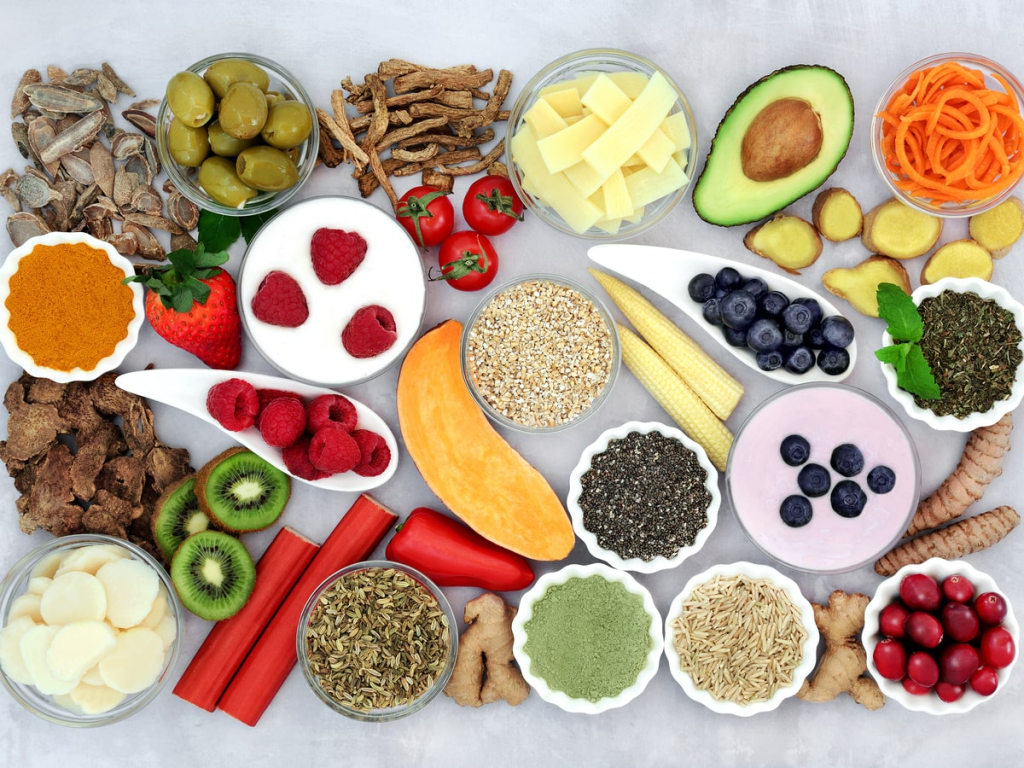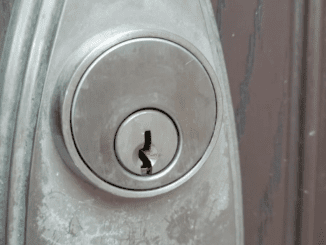Have you ever found yourself rushing to the bathroom right after eating? If so, you’re not alone. Many people experience the sudden urge to have a bowel movement after a meal, and for some, it’s a regular occurrence. This can be particularly common among individuals with Irritable Bowel Syndrome (IBS). But what causes this reaction, and what does it mean for your digestive health? Let’s explore the relationship between eating and bowel movements, understand the potential connection to IBS, and discover ways to manage these symptoms effectively.
The Gut-Brain Connection

To understand why your body may react by triggering bowel movements after eating, it’s essential to recognize the complex relationship between your gut and brain. This connection, known as the gut-brain axis, plays a significant role in how your digestive system responds to food intake and stress.
1. The Gastrocolic Reflex
The gastrocolic reflex is a natural bodily response that occurs when food enters your stomach. Essentially, it stimulates the colon to make room for incoming food by prompting a bowel movement.
- What Is It? The gastrocolic reflex is present in everyone, but its intensity can vary. For some, this reflex may be mild, while for others, particularly those with IBS, it can be more pronounced, leading to an urgent need to use the bathroom right after eating.
- Variability in Responses: For those with IBS, this reflex can be exaggerated, causing frequent and urgent bowel movements after meals.
2. Stress and Anxiety’s Impact on Digestion
Another key factor in the gut-brain connection is the role of stress and anxiety. Both can have a profound effect on your digestive system.
- The Role of Stress: When you’re anxious or stressed, your body may respond by speeding up digestion, which can lead to more frequent bowel movements. This is often why people notice an increase in symptoms during stressful periods.
- Managing Stress Levels: Incorporating techniques like mindfulness, yoga, or meditation into your routine can help reduce stress and, in turn, improve digestive health. Keeping stress in check is vital for managing IBS symptoms.
Understanding IBS: The Basics
IBS is a common gastrointestinal disorder that affects the large intestine and causes a wide range of uncomfortable symptoms. The exact cause of IBS is unknown, but it is often linked to diet, stress, and changes in gut bacteria.
3. Symptoms of IBS
The hallmark symptoms of IBS can include:
- Diarrhea and Constipation: Many people with IBS experience alternating episodes of diarrhea and constipation. The unpredictability of bowel movements can be frustrating and disruptive to daily life.
- Post-Meal Symptoms: One of the most common complaints from people with IBS is the need to rush to the bathroom shortly after eating. This urgency, along with bloating, gas, and abdominal discomfort, can make mealtimes stressful.
4. Common Triggers for IBS

Certain foods and lifestyle factors are known to trigger IBS symptoms. While triggers vary from person to person, some common culprits include:
- Fatty Foods: High-fat meals can overstimulate the digestive system, causing increased bowel movement urgency.
- Dairy Products: For those who are lactose intolerant or sensitive, dairy can lead to diarrhea and stomach discomfort.
- High-Fiber Foods: Although fiber is essential for digestive health, an abrupt increase in fiber can cause bloating, gas, and discomfort in individuals with IBS.
What to Do If You Experience Symptoms
If you frequently experience bowel movements after eating, there are strategies you can implement to gain more control over your symptoms. Making dietary and lifestyle changes can go a long way in managing IBS.
5. Keep a Food Diary
Tracking your eating habits and noting how your body reacts can provide valuable insights into your symptoms.
- Track Your Meals: By writing down what you eat and when symptoms occur, you can start to identify patterns or specific foods that may be triggering your digestive issues.
- Consult a Professional: Sharing your food diary with a healthcare professional can help them diagnose your condition and recommend personalized treatment options.
6. Modify Your Diet

Making targeted adjustments to your diet is one of the most effective ways to manage IBS symptoms.
- Identify Trigger Foods: Work on eliminating or reducing foods that you suspect may be triggering your symptoms. Common triggers like fatty foods, dairy, and certain types of fiber may be worth cutting back on to see if symptoms improve.
- Gradual Changes: If you’re introducing more fiber or other dietary elements, do so gradually to give your digestive system time to adjust without overwhelming it.
Lifestyle Changes to Consider
In addition to dietary modifications, certain lifestyle changes can help keep your IBS symptoms in check. Staying hydrated and active are just two of the key adjustments that can make a big difference.
7. Stay Hydrated
Drinking plenty of water is essential for maintaining digestive health.
- Importance of Water: Staying hydrated can help ease digestion and prevent constipation. Aim for at least eight glasses of water a day to keep your digestive system functioning smoothly.
- Limit Caffeine and Alcohol: Both caffeine and alcohol can worsen IBS symptoms. Consider cutting back or eliminating these from your diet to see if your symptoms improve.
8. Regular Exercise

Exercise is not just good for your overall health—it’s also beneficial for your digestive system.
- Boost Digestive Health: Regular physical activity promotes normal bowel movements and can reduce the severity of IBS symptoms.
- Find What You Enjoy: Whether it’s walking, swimming, or yoga, find an activity that you enjoy and can commit to regularly. Exercise also helps reduce stress, which is another contributor to IBS flare-ups.
When to Seek Medical Help
If you’ve noticed persistent changes in your bowel habits after eating, or if your symptoms are particularly severe, it’s important to consult a healthcare professional.
9. Diagnostic Tests

Your doctor may recommend certain tests to rule out other gastrointestinal conditions, such as infections, celiac disease, or inflammatory bowel disease (IBD). These tests can help determine whether IBS is the cause of your symptoms or if something else is at play.
- Treatment Options: Depending on the diagnosis, your treatment may include dietary changes, medication, or even therapy to help manage stress-related symptoms.
Conclusion: Taking Control of Your Gut Health
Needing to use the bathroom after eating can be frustrating, especially if it’s a frequent occurrence linked to IBS. However, by understanding the connection between eating and bowel movements, recognizing your triggers, and making small but effective lifestyle changes, you can manage your symptoms and improve your overall digestive health.
Remember, everyone’s digestive system is different, so it’s essential to find what works best for you. If your symptoms persist or worsen, don’t hesitate to seek professional help and take control of your gut health.


